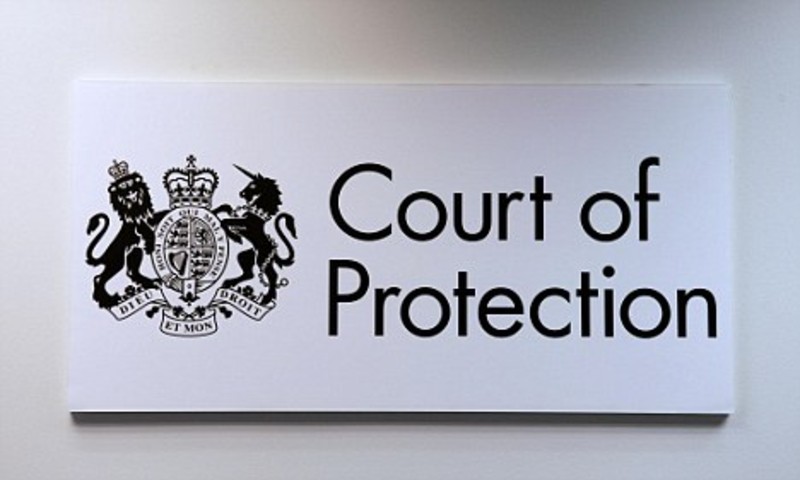
British teen dies after doctors refuse her request for experimental treatment
ST, the 19-year-old woman at the centre of a dispute about mental competence and healthcare in Britain, has died of heart failure. As reported in BioEdge, ST had an often fatal genetic disease and became severely disabled after contracting Covid-19. In the opinion of her doctors in the National Health Service (NHS), further treatment was futile. ST and her family disagreed; they believed that an experimental treatment in Canada might save her. In the words of ST, she wanted to die trying to live.
The NHS doctors responded by taking her case to the Court of Protection where they argued that she had demonstrated that she was not mentally competent because she had disagreed with their prognosis. The judge agreed. ST was placed on palliative care; she kept a ventilator, but her dialysis was removed. The outcome, as expected, was death on September 12.
There have been two lines of criticism aimed at the NHS and the Court of Protection in this extraordinary case.
One thing is not in doubt: ST was very, very ill. She was suffering from a rare genetic mitochondrial disease which caused chronic muscle weakness, loss of hearing, and damage to her kidneys, making her dependent on regular dialysis and other intensive care. It did not, however, affect the functioning of her brain. She was bright and alert and made her wishes very clear. The authorities ignored them.
The first criticism, then, is that the Court has given its blessing to the extraordinary idea that disagreeing with your doctor means that you are delusional. This may seem like an exaggerated and extreme view of the judge’s ruling, but it is an unvarnished statement of fact. Two experienced psychiatrists found that ST was not mentally ill and that she did have decision-making capacity. David Albert Jones, of the Anscombe Bioethics Centre, called this “lethal paternalism”.
The second criticism is the secrecy surrounding the case. In the UK, the Court of Protection imposes reporting restrictions. In ST’s case, this prevented her family from advocating on her behalf in the media and from trying to raise funds to pay for experimental treatment in Canada. Even now, ST, her parents, her doctors, and her hospital cannot be named. “I do wonder whom the Court of Protection protects, really,” Professor Jones said on GBNews, “because it doesn’t protect the rights of parents to allow the public to understand. This is very, very common.”
